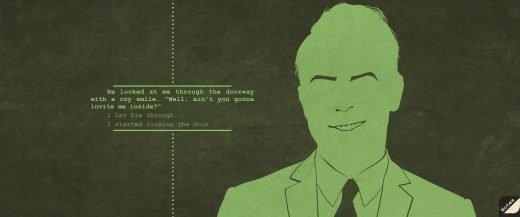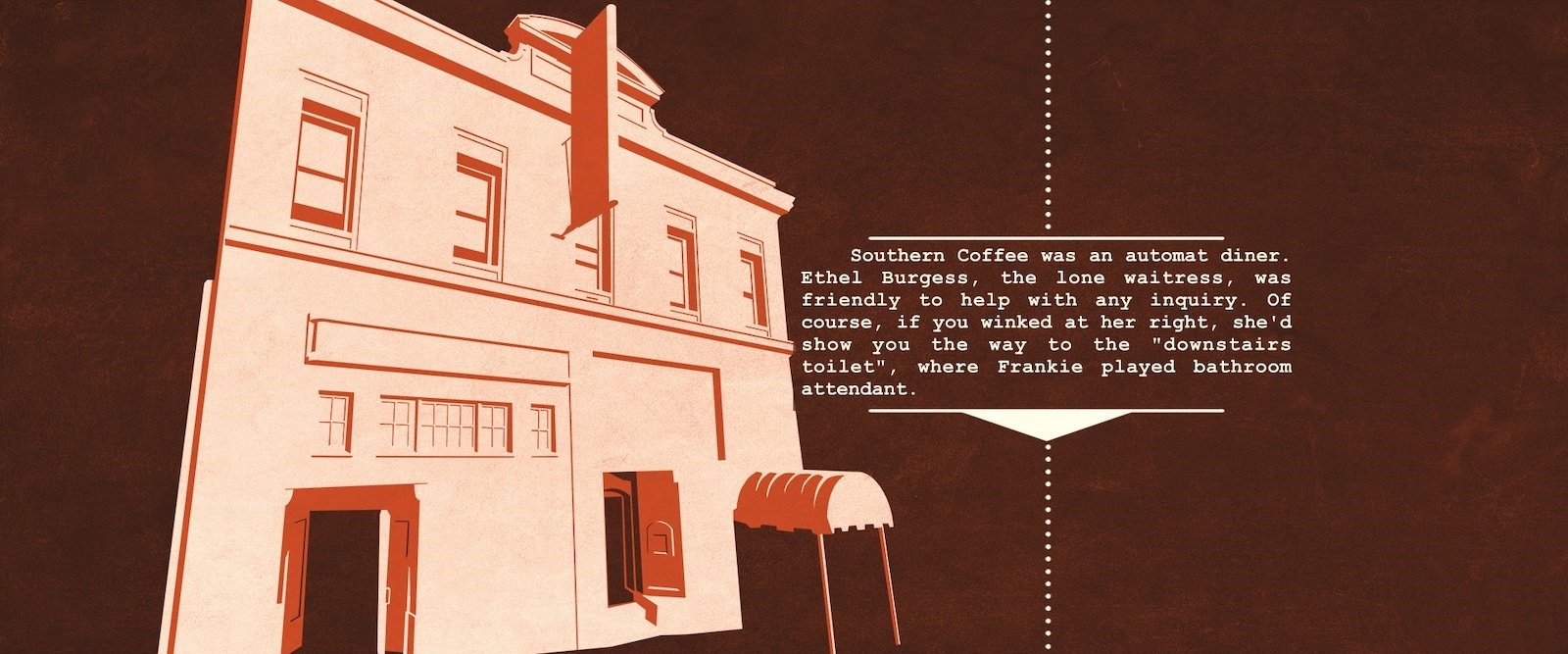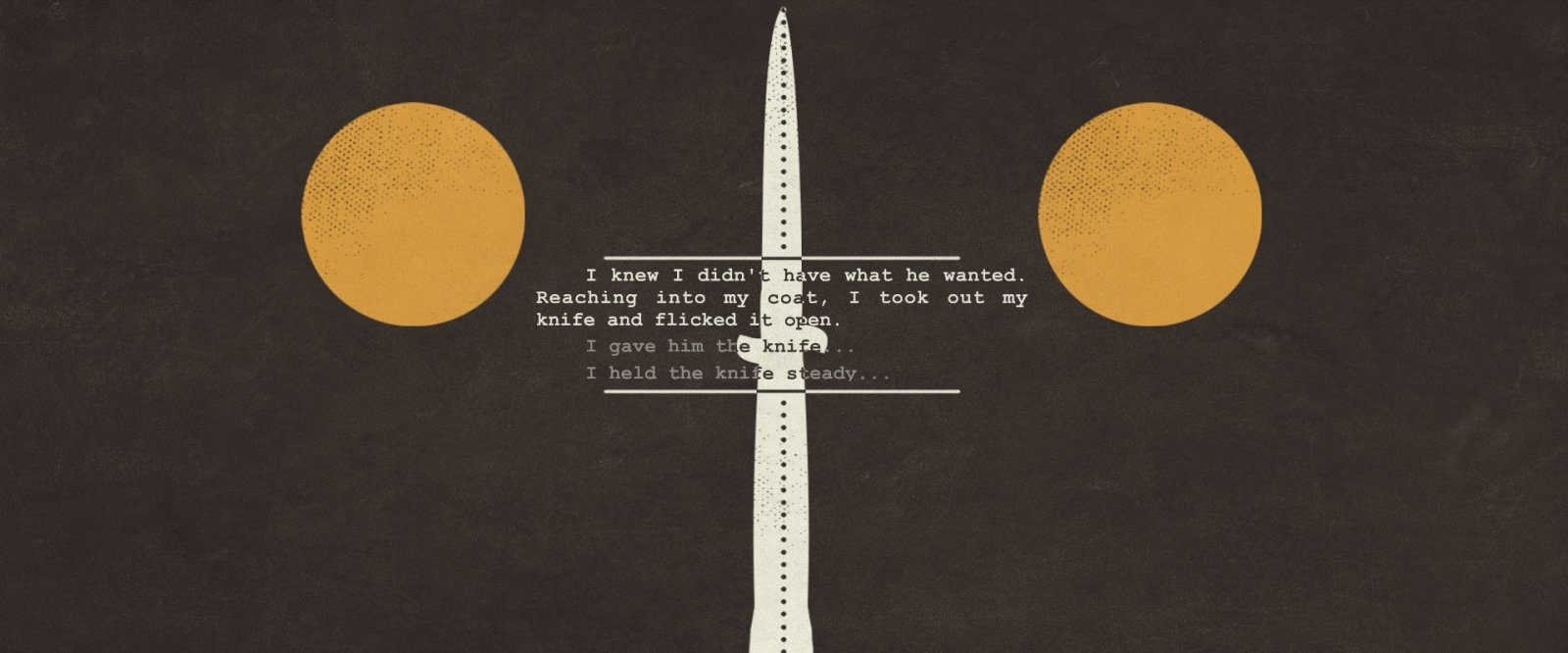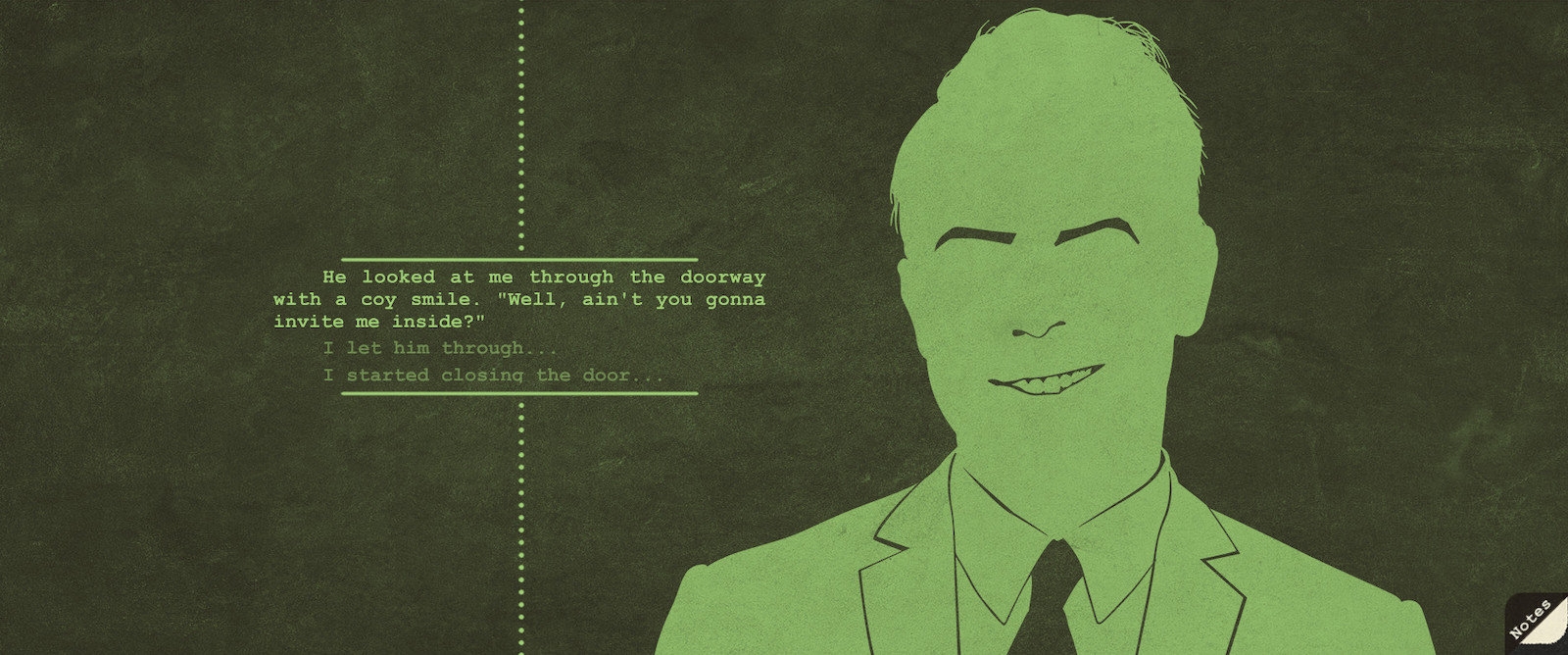Ben Wander’s quest to become a household name
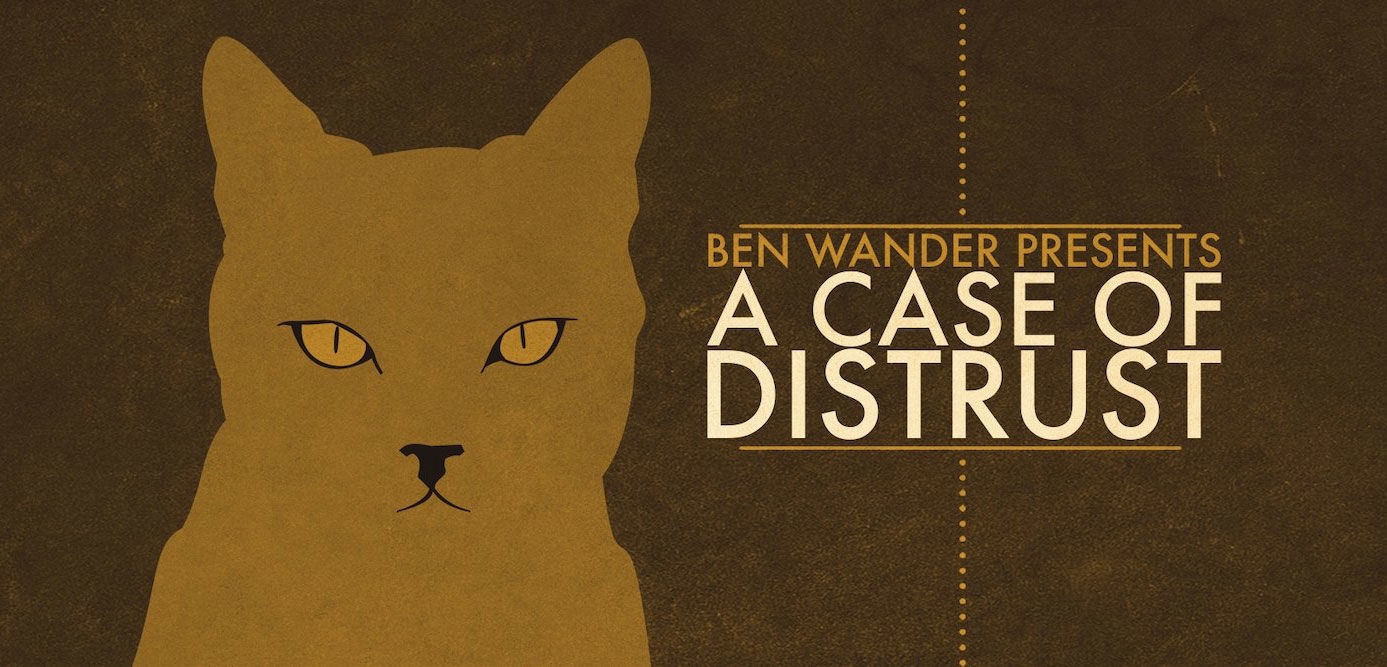
Even casual video game fans know Sid Meier’s name. They’ve seen it countless times, printed in sturdy text across every box in the Civilization series for the past 27 years, the most recent one being 2016’s Sid Meier’s Civilization VI. It’s come to the point where most gamers can’t hear “Civilization” without immediately thinking, “Sid Meier,” and vice versa.
“People know who Sid Meier is because his name’s on the front,” indie developer Ben Wander said on the busy Tulsa Pop Culture Expo show floor. He was showing off his first game as independent developer The Wandering Ben, a noir murder mystery called A Case of Distrust.
Wander’s view on game names comes from experience. He spent years at AAA studios building high-profile titles, including Battlefield Hardline, Dragon Age: Inquisition, X-Men: Destiny and SimCity: Deluxe. In 2015, he decided to ditch that lifestyle and build the games he actually wanted to play — rich, narrative-driven experiences that focus less on saving the world, and more on individual triumph and challenge. Wander found inspiration on the road, traveling across Southeast Asia for a year before heading back home, to Toronto. He documented the entire journey on his blog.
A Case of Distrust is Wander’s first game as an indie developer and it’s been a success so far. It’s a stylish narrative adventure set in San Francisco in 1924, following a female detective as she travels the city, searching for a killer through interviews with a cast of suspicious folks. It has a grown-up Ace Attorney kind of vibe, and it’s gone over well with players, picking up a handful of “best in show” awards at E3 2017, and scoring spots in the Indie Megabooth and at IndieCade.
A Case of Distrust hit Switch in September and the response on that platform surprised Wander — it was essentially like a second launch day. He’s not sure if the Switch debut tapped into a new audience that hadn’t seen the game on PC or Mac, or if folks waited to buy it on Switch, or if they simply bought it again. Whatever the case, Wander is happy with the situation, the sales figures and his new life as an indie developer.
“I get to work on games and they’re like passion projects,” Wander said. “They’re games that I want to make or games that I believe in. This was an idea I had since college, and so getting to see it come to fruition is wonderful. It’s fantastic.”
Wander is currently working on a few new things, including a project with some former colleagues from Visceral Games, the studio behind Dead Space and Battlefield: Hardline. Visceral’s parent company, EA, shut down the studio in October 2017, so there’s plenty of leftover talent to go around. Wander won’t say anything about that game yet, except to add that he’s really excited about it.
Indie life isn’t all sunshine and roses, of course. Wander said there’s still pressure to perform, but instead of stemming from external sources like managers or producers, it’s all internal.
“It’s a different world,” Wander said. “I would say the pressure is more self-inflicted. I didn’t want to release this until I thought I had a really good game. I started making it and said, OK, I’m going to make this game and it’ll come out in a year. And then it didn’t come out until two-and-a-half years later.”
But A Case of Distrust did eventually come out — complete with “Ben Wander Presents” at the top of the box art.
“I didn’t want to launch something unless I believed in it,” Wander said. “And, you know, my name’s on the front of the thing.”
The game landed on Steam in February and came to Switch in September, but regardless of platform, the title includes a Sid Meier-inspired twist: It’s technically called Ben Wander Presents A Case of Distrust, with his name hovering above the main event in bold, sans-serif lettering.
“I really think that game creators in general should be more upfront with their naming,” Wander said. “I think a lot of people know really famous directors for film, really famous authors. Games don’t really get that. Coming from AAA, I get it — we made games with 300 people, right? It’s not one person. But especially if you’re an indie game maker, either yourself or with like a really tiny group of people, I think there’s no reason your name shouldn’t be on the front of the tin.”
There’s currently more focus than ever on the human side of game development. A handful of stories broke this year describing toxicity and harassment at major studios, but the most prominent case involves Red Dead Redemption 2. Just before its launch in late October, Rockstar co-founder Dan Houser gave an interview that would dominate the gaming conversation — he proudly mentioned the RDR2 team had worked 100-hour weeks in order to complete the game. Developers, activists and groups looking to unionize game development pounced on Rockstar, explaining the detrimental effects of “crunch,” or intense periods of overtime common in AAA studios across the industry. Crunch has documented, negative effects on employees’ mental and physical health, leading to burnout and high turnover rates.
Video game fans who had never thought about the human cost of development were suddenly confronted with first-hand accounts from overworked developers. By placing his name front-and-center in Ben Wander Presents A Case of Distrust, Wander is making sure players know this game came from a person filled with creativity and skill, not a faceless factory.
“It definitely humanizes it,” he said. “I mean, I get to walk up to people and say, ‘Hey, I’m Ben,’ and point to the sign. And they’re like, ‘Oh, that Ben.'”
(26)

